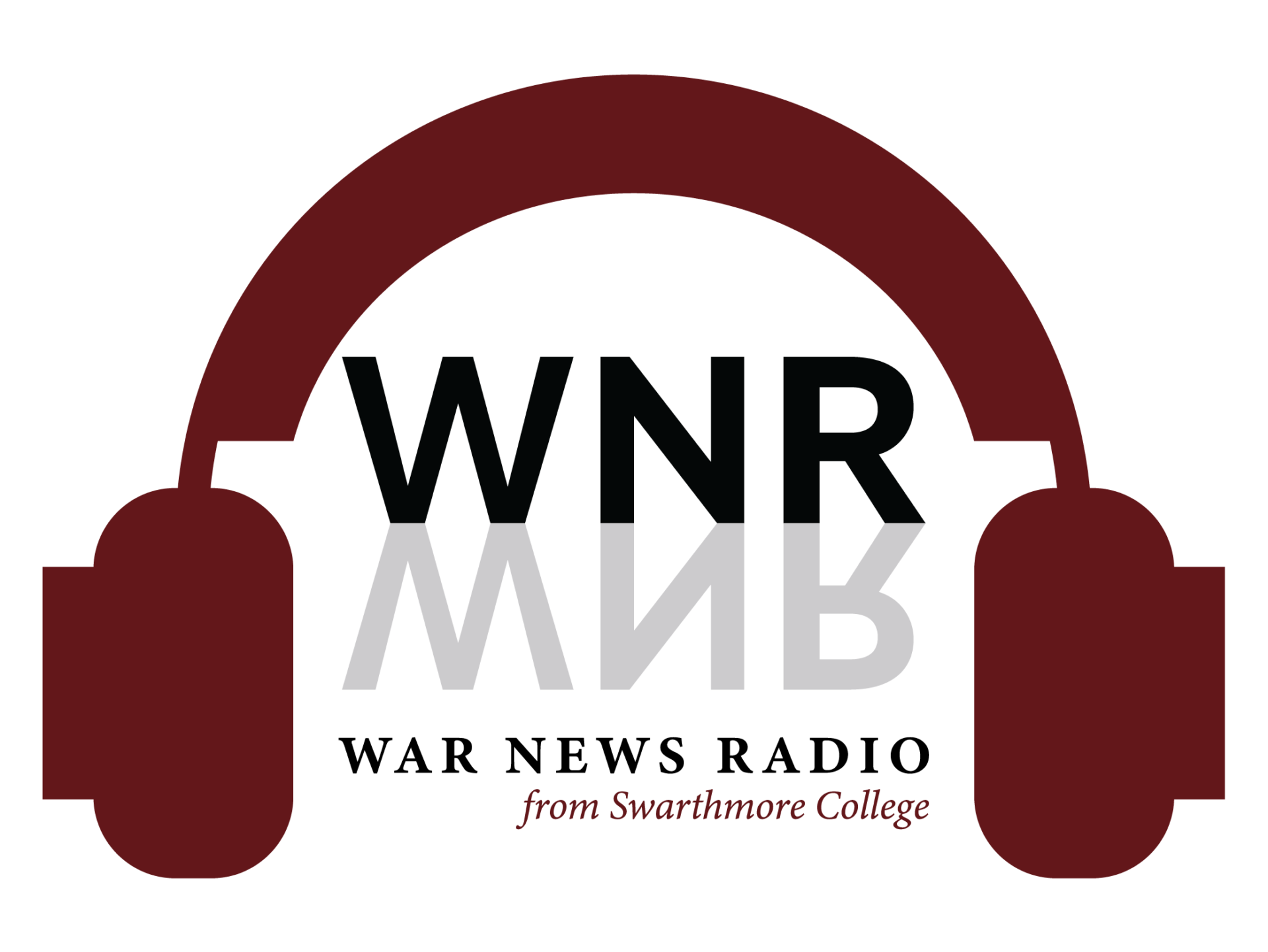Foreign in a Domestic Sense: Conflict and Colonialism in the US Pacific Territories

In this episode of War News Radio, we’re taking a closer look at two of the Pacific territories, Guam and the Northern Mariana Islands, whose historical relationships to the United States are defined by conflict and colonialism. This has drastically disrupted the lives of the native Chamorro people who have inhabited Guam, the Northern Mariana Islands, and the rest of the Mariana Islands archipelago for the past 4-5,000 years. There are cultural and historical differences between Guam and the Northern Mariana Islands, which led to Guam rejecting reunification with the Northern Mariana Islands in 1960. But both territories still face many of the same challenges today.
The U.S. acquired Guam from the Spanish in 1899 after winning the Spanish-American War. The Northern Mariana Islands has a more complicated colonial history, and was passed more or less from the Spanish Empire to Germany, then Japan, then the United Nations, and was officially established as a commonwealth in political union with the United States in 1986. Although the pasts of the two territories differ, the relationship between the U.S. and both territories has been historically characterized by intense militarization, a trend that continues to this day. But increasing calls for decolonization and self-determination could be changing this dynamic. In order to understand this shift happening in the pacific territories, we talked to residents of Guam and the Northern Mariana Islands about colonial history, militarism, political representation, and more.
This episode of War News Radio was written and produced by Anya Slepyan, Sophia Becker, Max Winig, and Lucas Meyer-Lee.
Image: US Navy via Flickr
